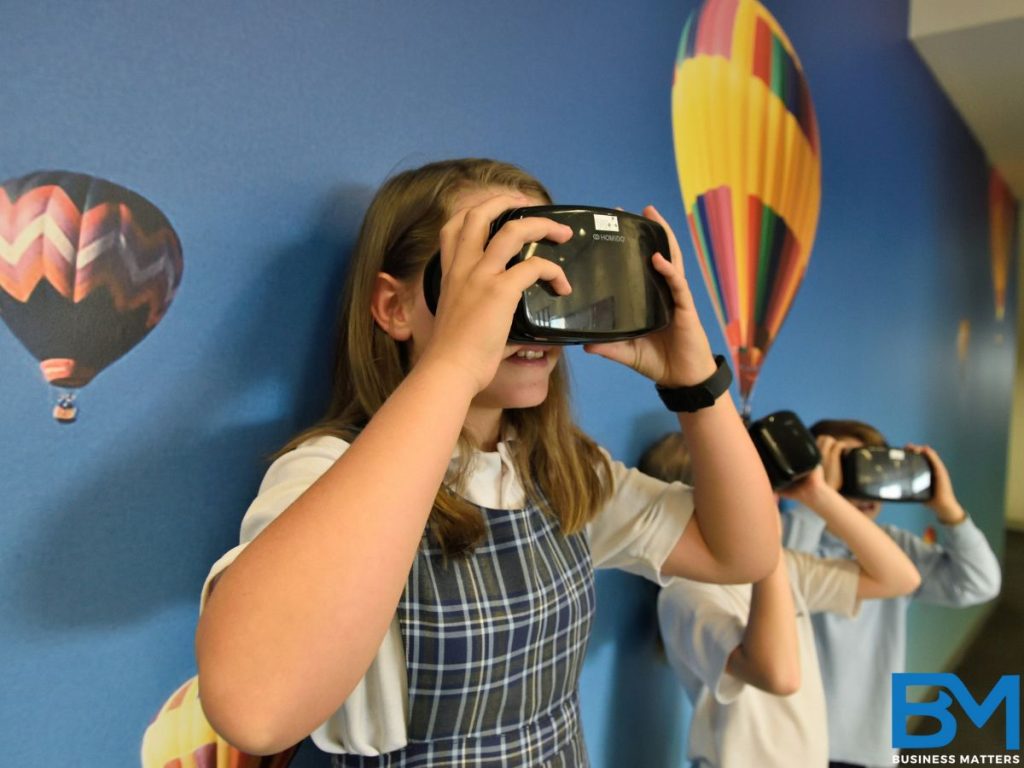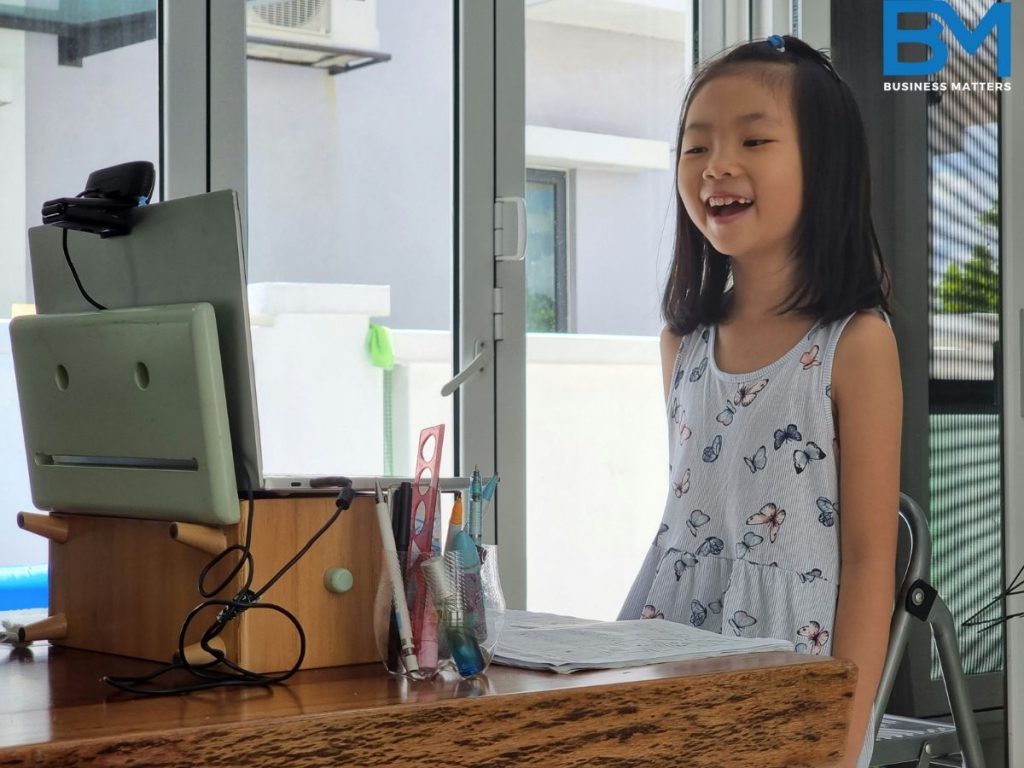Education is undergoing a profound transformation. The shift from traditional classrooms to dynamic, technology-driven environments has already begun, but beyond 2025, this evolution promises to redefine the future of learning itself. As we look to the future of learning, it’s not just about what we learn but how we learn, who we learn with, and the tools we use to facilitate this process. In this blog, we explore the emerging trends, technologies, and methodologies that will shape the future of learning beyond 2025.
Introduction: Future of Learning
In the past, education revolved around physical classrooms, textbooks, and face-to-face interactions. However, the digital revolution has disrupted traditional learning paradigms. As we move beyond 2025, global challenges, technological advancements, and societal shifts will demand innovative approaches to education.
Key drivers of change include:
- Technology Integration: AI, virtual reality, and blockchain are becoming integral to education.
- Globalization: Learning is no longer confined by geography.
- Personalization: Tailored learning experiences are increasingly sought after.
- Sustainability: Eco-conscious practices are influencing educational infrastructures.
1. Personalized Learning: Education Tailored to Individual Needs
Personalized learning places the student at the center of the educational experience. By leveraging AI and machine learning, educators can create individualized learning paths that cater to each student’s pace, style, and interests.
- AI-Driven Insights: Advanced algorithms analyze student performance in real-time, identifying strengths, weaknesses, and areas for improvement.
- Custom Content Delivery: Platforms like DreamBox and Physics Wallah already offer personalized modules. Beyond 2025, such platforms will integrate AR/VR to make learning more immersive.
- Learning Analytics: Predictive analytics will allow educators to intervene proactively, ensuring no student is left behind.
The benefits of personalized learning include improved engagement, higher retention rates, and better academic outcomes.
2. Immersive Technologies: The Role of AR, VR, and XR

Immersive technologies such as augmented reality (AR), virtual reality (VR), and extended reality (XR) are set to revolutionize education by providing students with engaging, hands-on experiences.
- Virtual Classrooms: Platforms like AltspaceVR enable students to attend lectures and collaborate in fully virtual spaces.
- Simulated Environments: Medical students can practice surgeries in a risk-free, virtual operating room.
- Gamified Learning: AR/VR-based games will make learning fun, driving better comprehension and retention.
By 2025 and beyond, these technologies will become more affordable and accessible, bridging gaps in education across socioeconomic barriers.
3. Lifelong Learning: A Necessity for the Modern Workforce
As industries evolve, continuous skill development will be essential for professionals. The concept of lifelong learning—where individuals continually acquire new skills and knowledge—will gain prominence.
- Micro-Credentials: Short courses and certifications from platforms like Coursera and LinkedIn Learning will cater to specific skill gaps.
- Just-In-Time Learning: Employees will access bite-sized lessons precisely when they need them.
- Corporate Collaboration: Companies will partner with educational institutions to design industry-relevant courses.
Lifelong learning fosters adaptability, a critical trait in a rapidly changing future of learning.
4. AI and Machine Learning: Redefining the Role of Educators
AI and machine learning will not replace teachers but enhance their capabilities.
- Smart Tutors: AI-powered bots will handle routine queries, allowing educators to focus on complex, value-added tasks.
- Curriculum Design: Algorithms will assist in creating dynamic, adaptive curricula tailored to classroom needs.
- Assessment Automation: AI will streamline grading and feedback processes, saving time and improving accuracy.
Educators will transition from being mere information providers to mentors and facilitators, guiding students through enriched learning journeys.
5. Collaborative Learning: A Global Classroom

The future of learning will be inherently collaborative. Online platforms and global networks will allow students from diverse backgrounds to work together on projects, fostering cross-cultural understanding and innovation.
- Cloud-Based Collaboration: Tools like Google Workspace and Microsoft Teams enable seamless group work, regardless of location.
- Global Challenges: Students will tackle real-world problems, such as climate change or public health, in international teams.
- Peer-to-Peer Learning: Platforms like Peergrade facilitate knowledge sharing among students, enhancing critical thinking and problem-solving skills.
This approach prepares students for the interconnected world they will navigate as professionals.
6. Sustainable Education: Green Practices in Learning
Sustainability will play a pivotal role in education’s future, with institutions adopting eco-friendly practices and curriculums addressing global environmental challenges.
- Green Campuses: Solar-powered buildings, zero-waste policies, and digital textbooks will reduce educational carbon footprints.
- Environmental Literacy: Courses on sustainability, renewable energy, and climate science will become mandatory.
- Remote Learning: By reducing the need for physical commutes, online education supports environmental goals.
Sustainable education not only benefits the planet but also instills eco-consciousness in future generations.
7. Blockchain in Education: A New Era of Transparency

Blockchain technology will address issues of credential verification, data security, and academic integrity.
- Credential Authentication: Blockchain-secured certificates will eliminate fake degrees and qualifications.
- Student Records: Decentralized systems will allow students to own and manage their academic data.
- Smart Contracts: Institutions can automate processes such as fee payments and course enrollments using blockchain.
These advancements will foster trust and efficiency in the education sector. This will be the revolution of the future of learning.
8. Equity and Inclusion: Bridging Educational Gaps
The future of learning must be inclusive, ensuring access to quality education for all, regardless of socioeconomic status or geographic location.
- Affordable Devices: Governments and NGOs will distribute low-cost tablets and laptops to underserved communities.
- Accessible Platforms: Tools like screen readers and closed captioning will make digital learning accessible to differently-abled students.
- Language Diversity: AI-powered translation tools will enable students to learn in their native languages.
Equity in education empowers individuals and drives societal progress.
9. The Rise of Edutainment: Learning Through Entertainment

The future of learning consists of Edutainment, which means, combining education with entertainment to make learning engaging and enjoyable.
- Interactive Videos: Platforms like YouTube Learning offer educational content in an entertaining format.
- Educational Games: Apps like Duolingo and Minecraft: Education Edition make learning playful.
- Storytelling: Podcasts and documentaries will become mainstream tools for teaching complex concepts.
This trend ensures that learning remains fun and accessible for learners of all ages.
10. Preparing for Jobs That Don’t Exist Yet
As technology advances, new industries and job roles will emerge. Education systems must adapt to prepare students for this uncertain future of learning.
- Skill-Based Learning: The focus will shift from rote memorization to critical thinking, creativity, and adaptability.
- STEAM Education: Integrating arts into STEM (Science, Technology, Engineering, Mathematics) fosters well-rounded individuals.
- Future-Proof Skills: Emphasis will be on coding, data analysis, emotional intelligence, and ethical reasoning.
Students must be equipped with skills to thrive in jobs that haven’t yet been envisioned.
Conclusion: Shaping the Future of Learning
The future of learning beyond 2025 is an exciting, transformative journey. As technology evolves, the role of educators, institutions, and learners will continually adapt. The focus will shift from standardized, one-size-fits-all approaches to dynamic, personalized, and inclusive systems that empower individuals and communities.
By embracing innovation and prioritizing equity, we can create an education system that prepares individuals not just for jobs but for meaningful, impactful lives in a rapidly changing world. The journey ahead is challenging but filled with promise—a future where learning truly knows no bounds.


